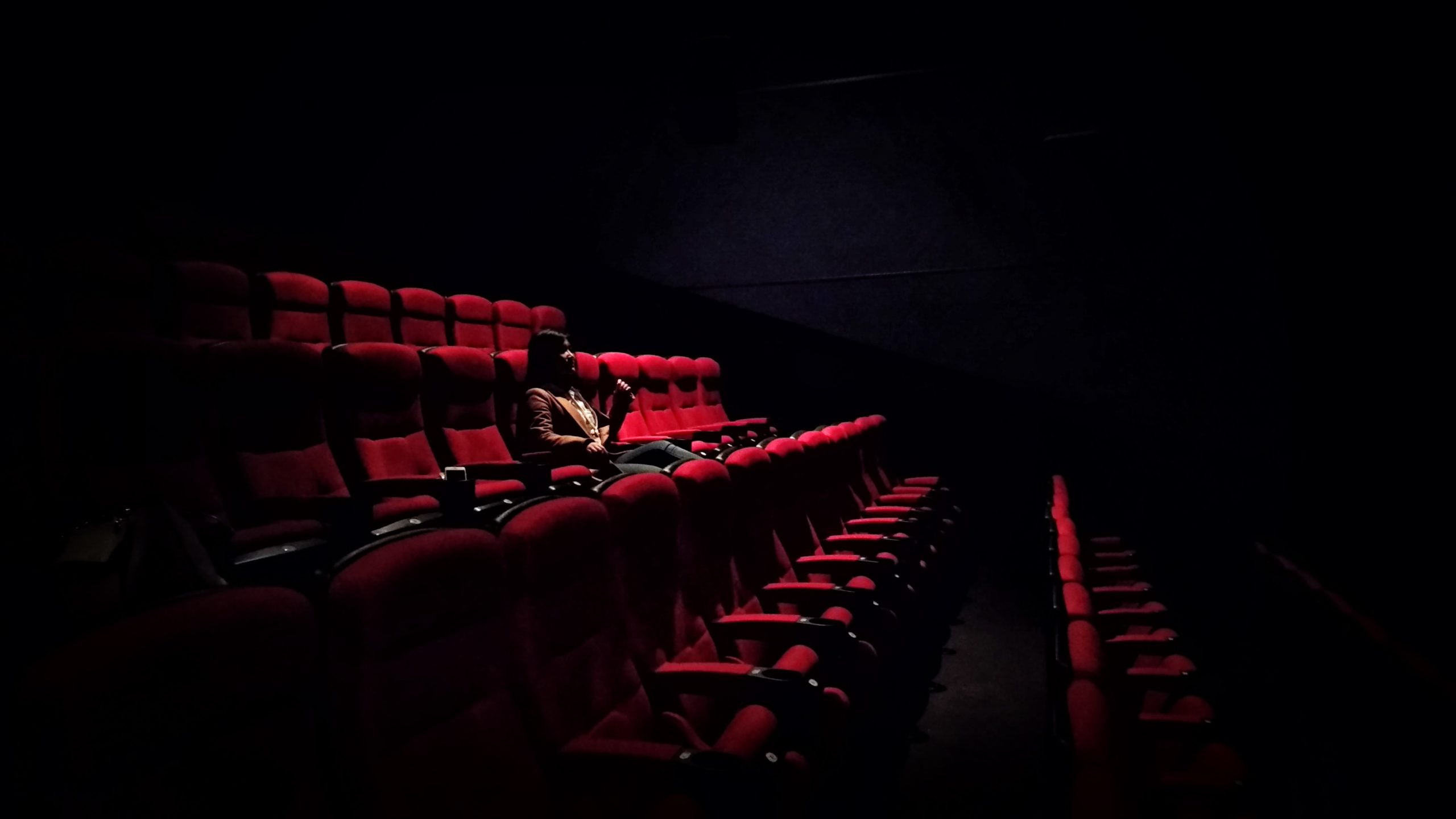Philadelphia Inquirer sheds theater critic Howie Shapiro

The Philadelphia Inquirer, the leading paper in the country’s fifth largest city, which has helped nurture a vibrant theater scene (some 50 professional companies) and maintained a long heritage of regular Broadway coverage, has decided to do without a full-time theater writer/critic. On Oct. 1, its critic of 10 years, Howie Shapiro, was reassigned to the paper’s South Jersey bureau. Whatever he was going to cover there is now moot, because after 42 years with the paper as an arts and travel editor and theater critic, Shapiro has just decided to take a buyout.
(For comments Shapiro sent to a critic colleague, click below and scroll to the end of this story.)
More than Shapiro are involved in what the Inquirer represents as reallocation of resources but many see as major cost- and coverage-cutting.
Like so many now-former newspaper critics, Shapiro is not giving up on theater criticism, but will continue as the Broadway critic for The Classical Network, a group of NPR affiliates in N.J. and PA, as well as freelancing elsewhere. And he praises the Inquirer’s arts editor and generously points out that it continues to have three fine freelance critics, Toby Zinman, Wendy Rosenfield and Jim Rutter.
Other observers aren’t taking the Inquirer’s move with Shapiro’s grace: see the outraged commentary by The Clyde Fitch Report. For more factual reporting, see thenews blog by former Inquirer TV columnist Gail Shister and this account by Victor Fiorillo of Philadelphia Magazine.
Then there are these remarks by George Hunka, who writes about both this and the loss of Philadelphia’s Barrymore Awards:
“Any metropolitan theatre community like Philadelphia’s depends on service organizations and dedicated press coverage for its continued health; someone must speak and advocate for the discipline itself in hard economic times, rather than leaving it to dozens of individual voices which only produce a cacophony when it comes to community outreach and representation to funding bodies and the city government. If things like this can happen to a theatre community in the fifth-largest city in the United States, it can happen to the sixth-, seventh-, and eighth- — as well as the fourth-, third-, second-, and even first.”
* * * *
Shapiro’s comments sent to a critic colleague on Oct. 12:
An update: The Inquirer offered buyouts to everyone Monday, and today (Thursday) I applied for a buyout, which was approved by management. After more than 42 years, I’ll be leaving The Inquirer on Oct. 26. I’ve had a great ride, as fulfilling a career as anyone could imagine. I thought it would peak when in two separate stints, I was the newspaper’s travel editor/writer. It didn’t. I went on to a late-career move as a theater critic, turning an ardent private passion into a journalistic one — what a gift to me.
I’m not giving up theater criticism; I’ll continue to be the Broadway critic for The Classical Network, a group of NPR affiliates mostly in New Jersey and the Allentown, Pa. area. My 90-second review spot on the network is called “In a Broadway Minute,” and has reawakened a thirst for doing radio that I acquired as a kid growing up in Altoona, Pa.
Two weeks ago, responding to focus-group information sought by the new owners of The Inquirer, management went on an intense mission to bolster news coverage in several areas, including New Jersey, where I had been the deputy editor about three decades ago. The editors told about a dozen reporters that their jobs would change. I was reassigned to New Jersey beginning later this month, and I was told that the full-time theater beat would not be filled. Although I was saddened, I wasn’t shocked; you have to be flexible more than ever to work in newspapers, given the stunning turbulence in the industry. I had begun to think about New Jersey stories while finishing some theater pieces and reviews when the buyout was announced this week. For me, the announcement was a game-changer.
You know how it is for most of us who write about the theater: addictive. I went regularly as an adult my whole life. I went more frequently as the newspaper’s arts editor about 20 years ago. I went constantly as a theater critic, and came to realize that every night I was at the theater continued to be the first night I was at the theater — it was fresh and exciting, even as a routine. (I am not Pollyanna. It was also a ton of work, as it is for you and all of us.) When I was arts editor, the Philadelphia region boasted 18 professional stages. There are now more than 50. The Inquirer has attempted to cover every production of every one of them, with superb arts editors (Jeff Weinstein and now, Rebecca Klock) leading the charge, and two unfailingly perceptive freelance critics, Toby Zinman and Wendy Rosenfield, jumping in the fray. (Recently, we added a third, Jim Rutter.)
I know that they are developing strategies with Becky Klock to continue to cover theater like the industry it’s become in the city, with an audience that appears to have as endless an appetite for theater as the critics do. Like everything else in journalism nowadays, those strategies — whatever they will be — may mean a different sort of coverage but a continued coverage. One thing I’ve noticed clearly in watching colleagues around the country: In the face of struggling publications, journalists are committed to doing the best journalism they can. I can say without reservation, that’s obvious at The Inquirer. Perhaps it is innate among journalists.
I’m committed, too, to continue pursuing theater criticism by exploring broadcast and other avenues as well as freelancing. (Perhaps freelancing for The Inquirer, although it’s too soon to discuss possibilities.) For one thing, I can’t imagine sitting in the theater without a pen in my hand. It wouldn’t feel right.





Sorry, the comment form is closed at this time.